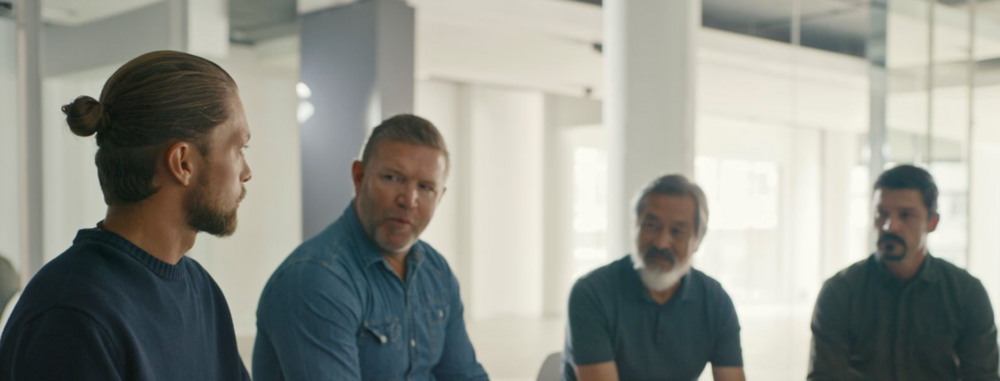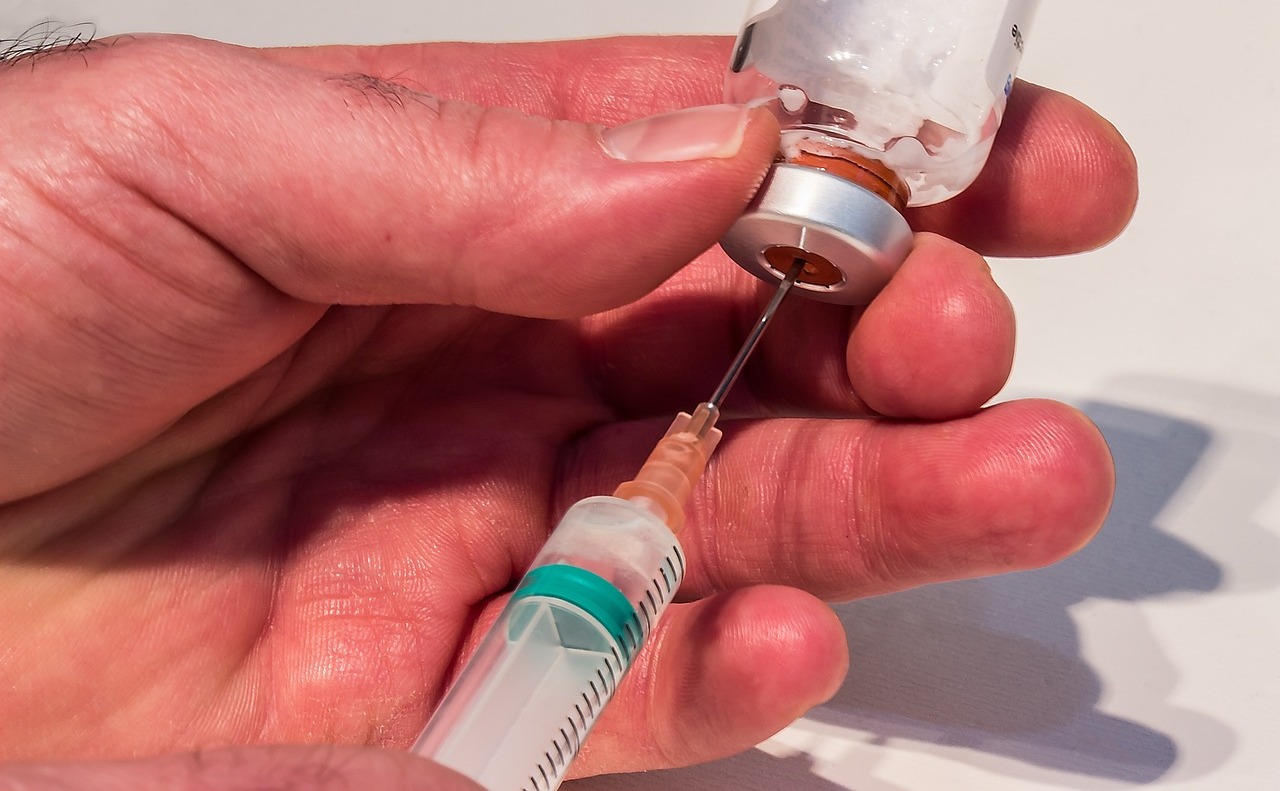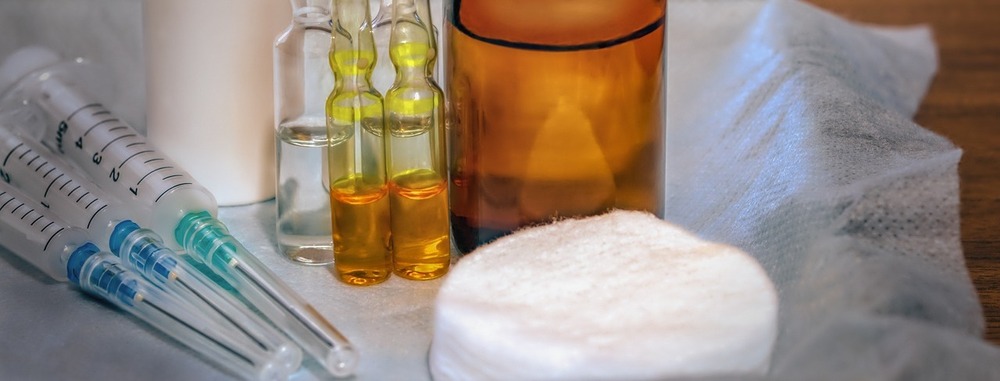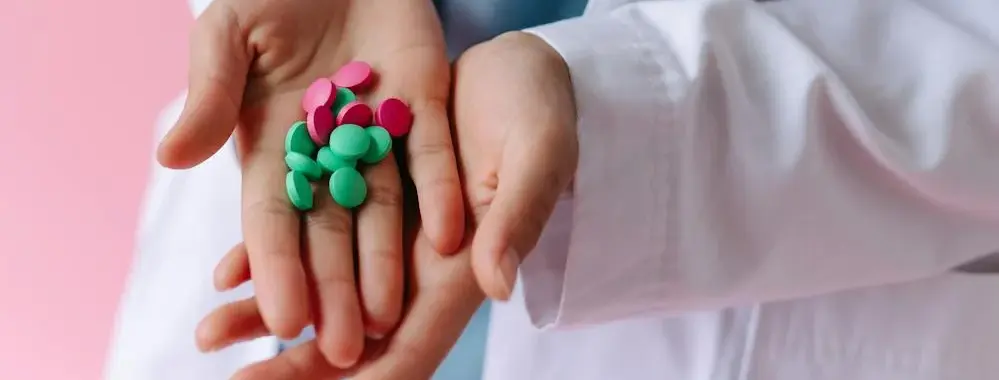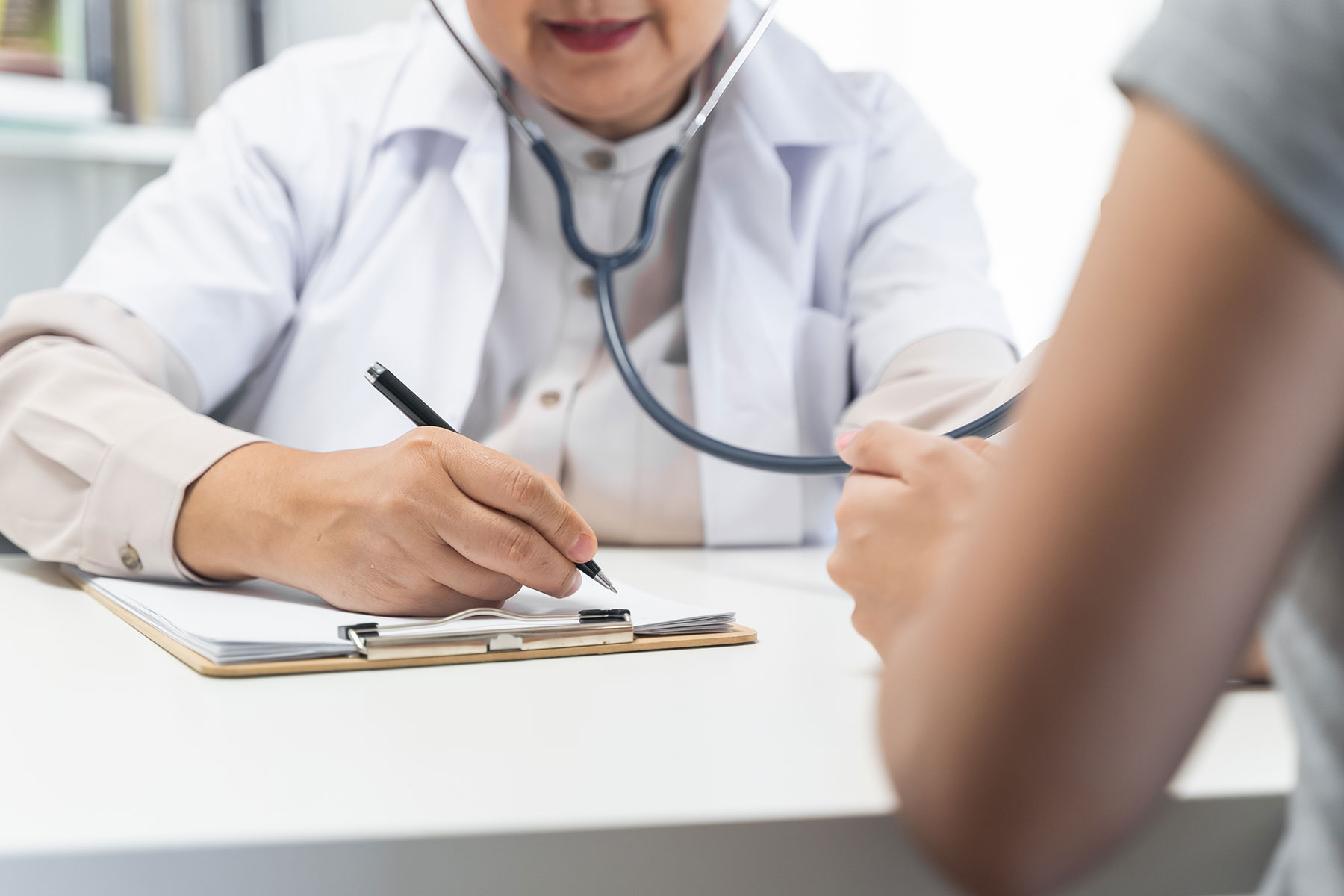Alcohol cravings are a biological reality, not a moral failure. These cravings can derail recovery even after a person has stopped drinking. If you’re asking yourself, “What medication helps with alcohol cravings?”, you’re taking a critical first step toward long-term recovery.
At Colorado Medication Assisted Recovery (CMAR), we offer evidence-based, FDA-approved medications as part of our outpatient treatment programs.
Our approach combines medications with therapy, case management, and peer support, allowing you to reduce cravings and stay on track without checking into residential rehab.
Why Do Alcohol Cravings Happen?
Chronic alcohol use rewires the brain’s chemistry, especially in areas responsible for pleasure, stress, and decision-making. When someone stops drinking, the brain often struggles to function normally, triggering intense cravings as it seeks balance.
These cravings can continue for weeks or even months. That’s where medication-assisted treatment (MAT) plays a crucial role.

What Medication Helps with Alcohol Cravings?
CMAR provides two FDA-approved medications specifically designed to help manage alcohol cravings:
Vivitrol (Extended-Release Naltrexone)
Vivitrol is a monthly injection that works by blocking the pleasurable effects of alcohol in the brain. This reduces the desire to drink and helps prevent relapse.
- How it works: Vivitrol binds to opioid receptors, so drinking alcohol won’t produce the same reward
- How it helps: Reduces cravings, supports abstinence, and lowers the risk of relapse
- Dosing: Monthly injection
- At CMAR: We offer Vivitrol as part of our customized outpatient MAT plans. It’s ideal for individuals who have already completed detox and are committed to staying sober.
Antabuse (Disulfiram)
Antabuse is a daily medication that creates an immediate physical deterrent to drinking. If you consume alcohol while on Antabuse, it triggers unpleasant symptoms like nausea, flushing, and rapid heartbeat.
- How it works: Blocks the body’s ability to process alcohol, leading to adverse reactions when drinking
- How it helps: Serves as a powerful behavioral deterrent for motivated individuals
- Dosing: Taken daily under supervision or independently
- At CMAR: Antabuse is used when patients seek additional accountability or are struggling with impulse control in early recovery

Why Choose MAT at CMAR?
At Colorado Medication Assisted Recovery, we go beyond prescriptions. MAT is most effective when combined with:
- Individual therapy
- Case management
- Peer recovery support
- Dual-diagnosis mental health care
- Flexible scheduling and telehealth access
Whether you’re starting your recovery or transitioning from a detox program, we meet you where you are and help you move forward, at your pace, in your environment.
Are These Medications Right for Me?
Both Vivitrol and Antabuse are highly effective tools for reducing alcohol cravings, but they are not suitable for everyone. A comprehensive assessment at CMAR will help determine:
- If you’re medically stable enough for these medications
- Your readiness for abstinence
- Whether a monthly injection (Vivitrol) or daily pill (Antabuse) fits better with your lifestyle
- Any co-occurring mental health or trauma history that could impact treatment
Begin Healing Without Putting Life on Hold
At CMAR, treatment doesn’t mean uprooting your life. Our outpatient and intensive outpatient programs (IOP) allow you to:
- Keep your job or continue school
- Stay connected with family
- Receive care in the real world, not a hospital or residential facility
If you’ve tried quitting before and struggled, you are not alone, and you’re not out of options.










